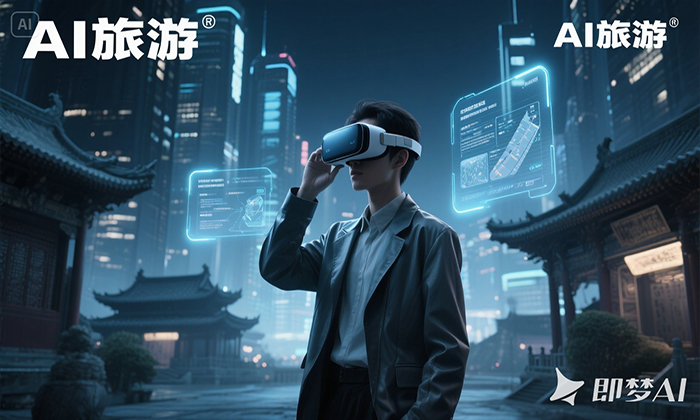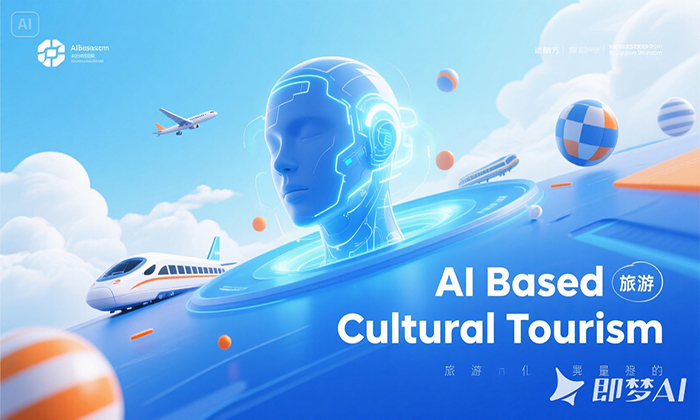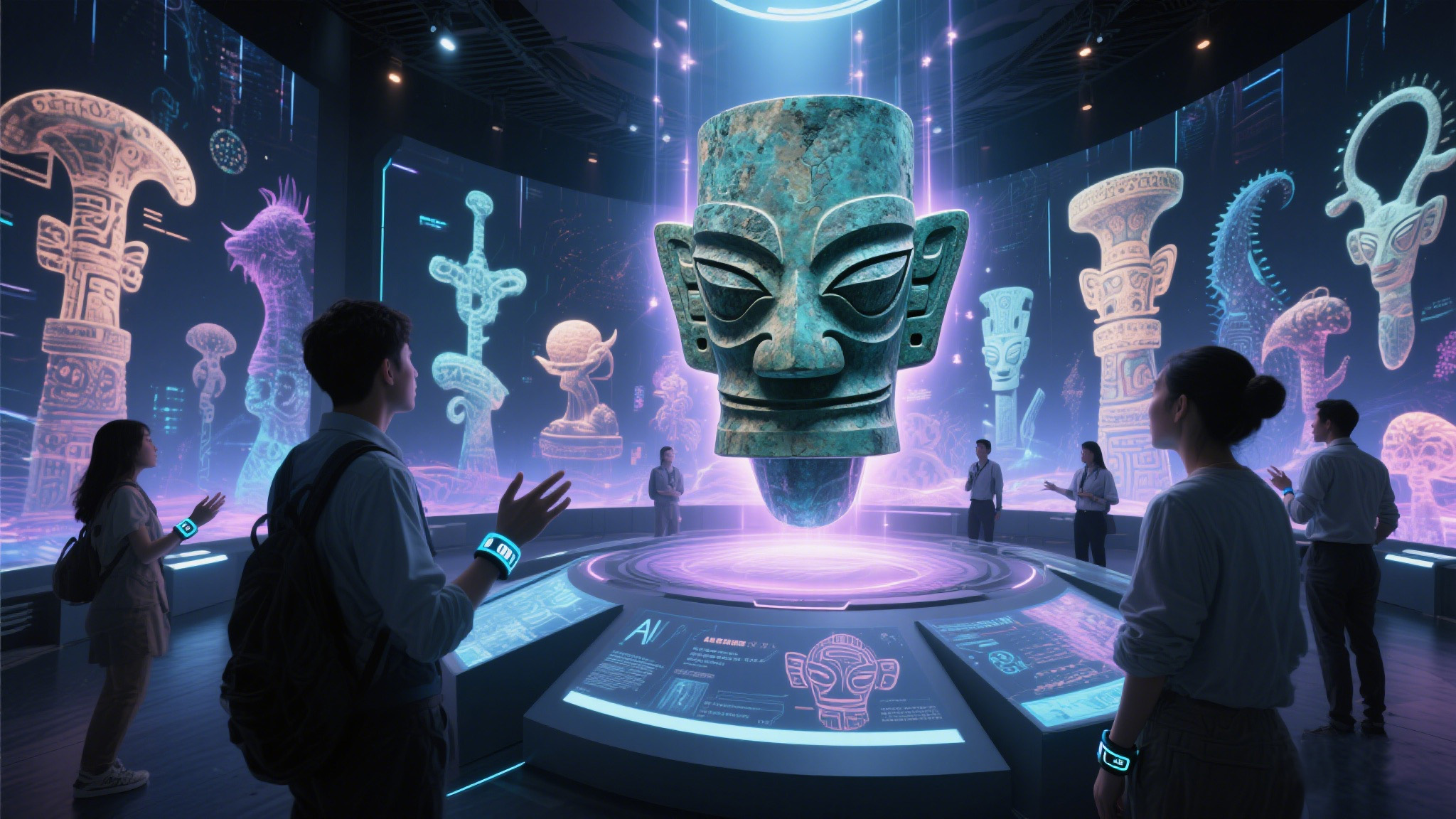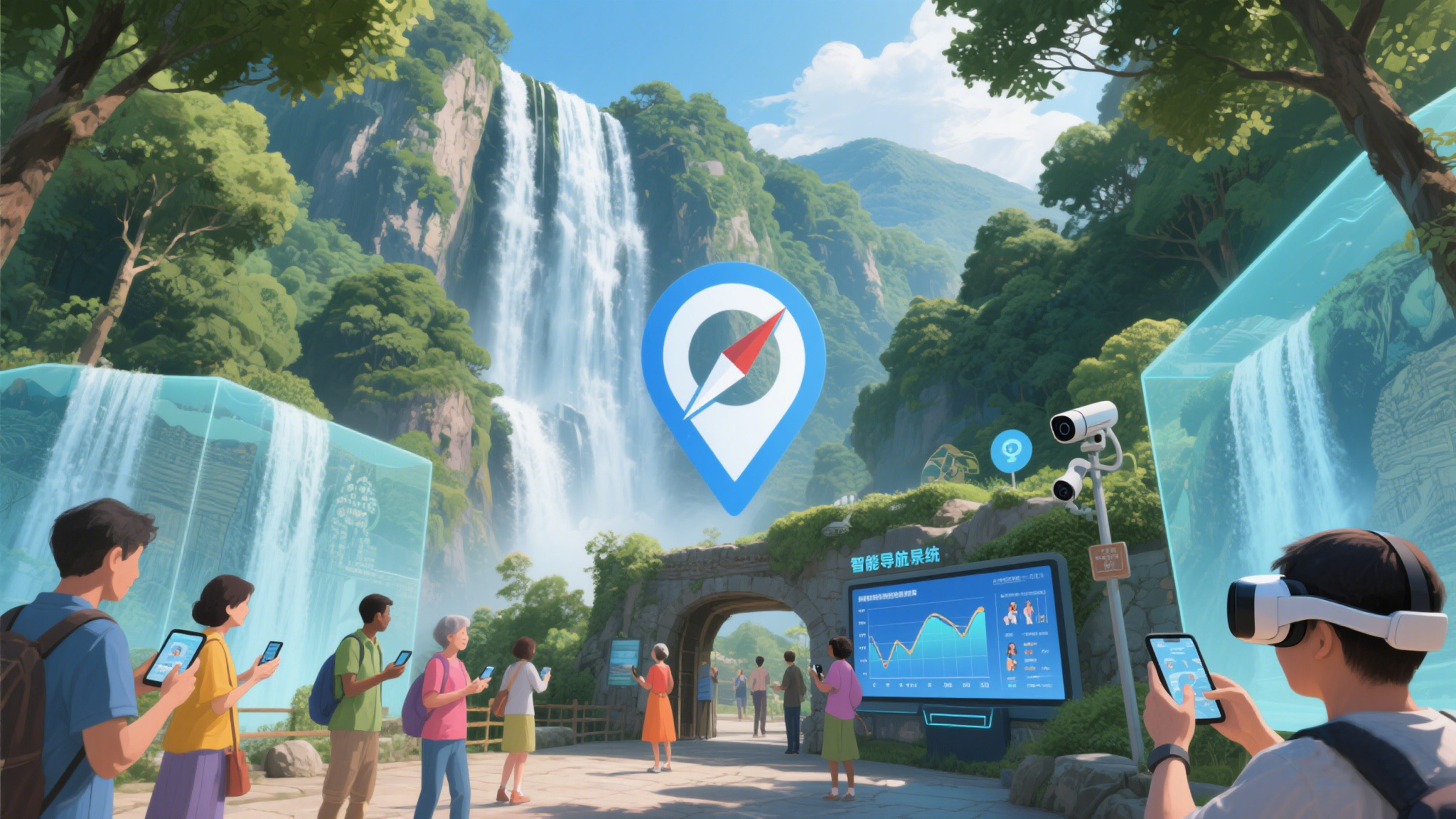AI in Cultural Tourism: Revolutionizing Travel Experiences
Introduction
The integration of Artificial Intelligence (AI) into the cultural tourism sector is transforming how people explore the world. From smart travel assistants to immersive virtual experiences, AI is enhancing accessibility, personalization, and sustainability in tourism. As technology evolves, AI-driven solutions are reshaping heritage preservation, visitor engagement, and destination management, marking the dawn of a new era in travel.
How AI is Enhancing Cultural Tourism
1. Smart Travel Assistants & Personalized Recommendations
AI-powered chatbots (e.g., ChatGPT, Google Bard) and voice assistants (e.g., Alexa, Siri) provide real-time, multilingual guidance to tourists. Machine learning algorithms analyze user preferences—such as interests in history, cuisine, or adventure—to suggest tailored itineraries. For example:
-
Google’s AI Travel Planner recommends optimized routes based on real-time data.
-
Trip.com’s AI concierge offers instant booking and personalized activity suggestions.
2. Virtual & Augmented Reality (VR/AR) Experiences
AI-driven VR/AR technologies allow tourists to explore destinations virtually before visiting. Applications include:
-
Virtual museum tours (e.g., Louvre’s VR exhibitions).
-
AR historical reconstructions (e.g., Rome’s Colosseum brought to life via smartphone).
-
AI-generated holograms of cultural figures for interactive storytelling.
3. Smart Destination Management
AI optimizes tourism operations through:
-
Crowd prediction & flow management (e.g., China’s Hangzhou West Lake uses AI to prevent overcrowding).
-
Predictive maintenance for heritage sites using IoT and AI sensors.
-
Dynamic pricing for hotels/attractions based on demand analysis.
4. Digital Heritage Preservation
AI aids in conserving cultural heritage by:
-
Restoring artifacts via image recognition (e.g., AI-reconstructed Syrian monuments).
-
Translating ancient texts using NLP (e.g., Google’s AI deciphering Egyptian hieroglyphs).
-
3D scanning & digital archiving of endangered sites.
Future Trends in AI-Powered Tourism
-
Metaverse Tourism – Fully immersive digital travel experiences, blending AI, VR, and blockchain.
-
Emotion-Sensing AI – Systems that adapt recommendations based on tourists’ moods.
-
Sustainable Tourism Optimization – AI reducing carbon footprints via eco-friendly route planning.
Challenges & Ethical Considerations
While AI offers immense potential, concerns include:
-
Data privacy (handling sensitive user information).
-
Over-reliance on technology (losing authentic human interactions).
-
Accessibility gaps (ensuring AI benefits reach all demographics).
Conclusion
AI is revolutionizing cultural tourism by making it smarter, more engaging, and sustainable. As advancements continue, the synergy between AI and travel will unlock unprecedented opportunities—blending exploration with innovation. The future of tourism isn’t just about visiting places; it’s about experiencing them in ways never before imagined.
















